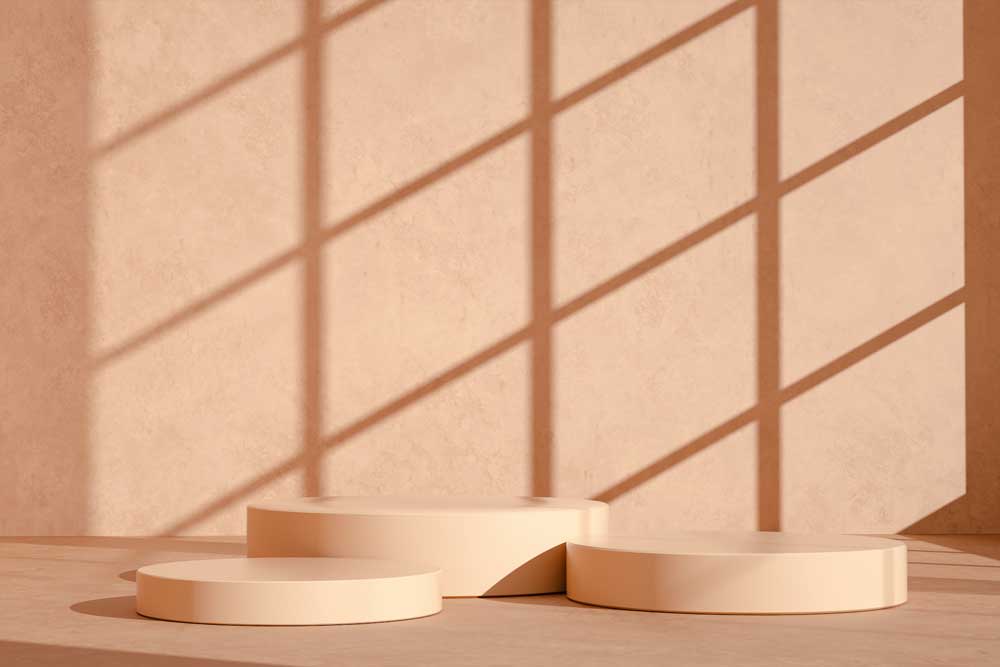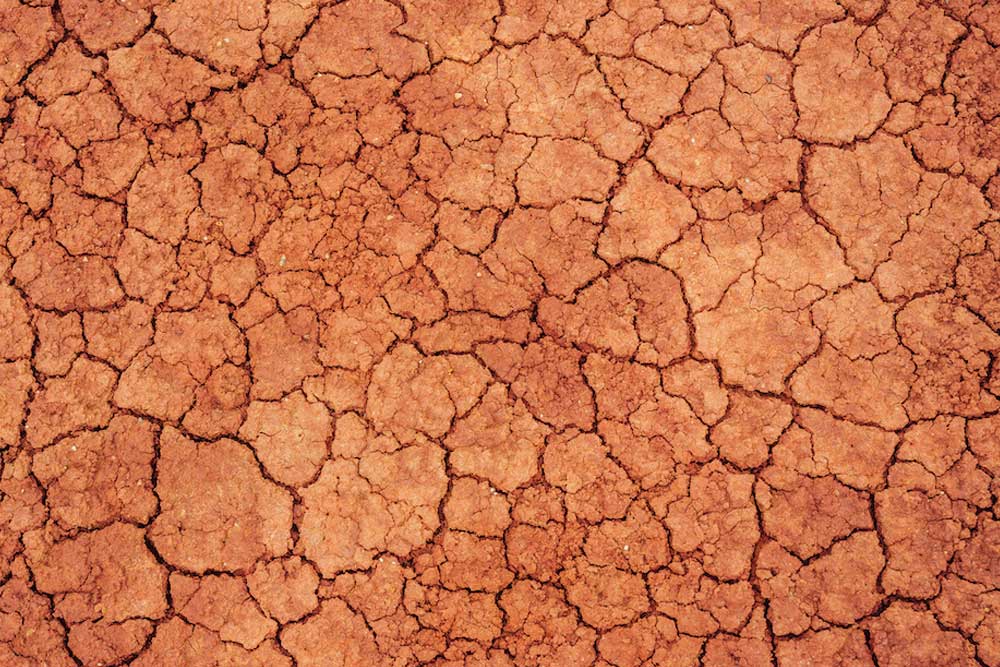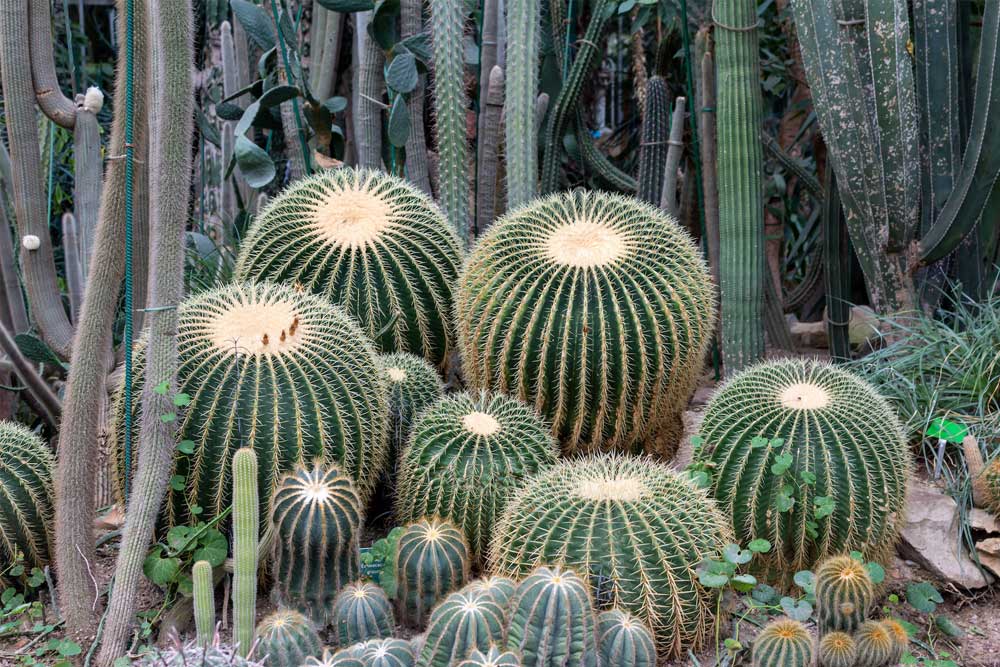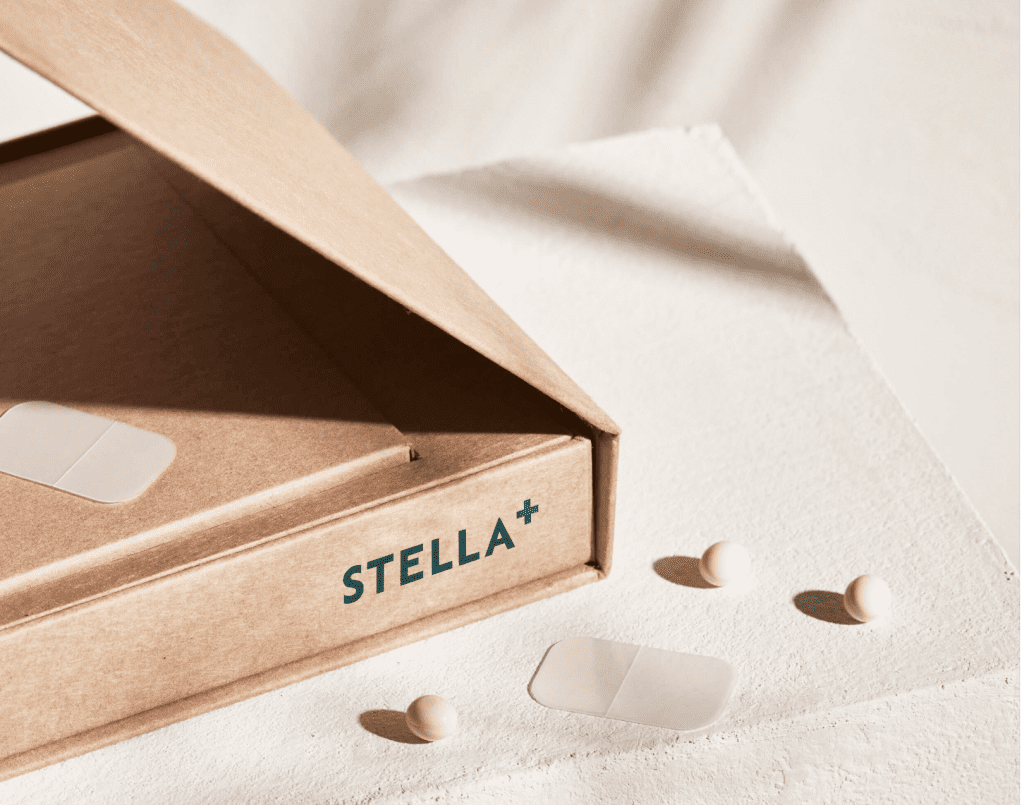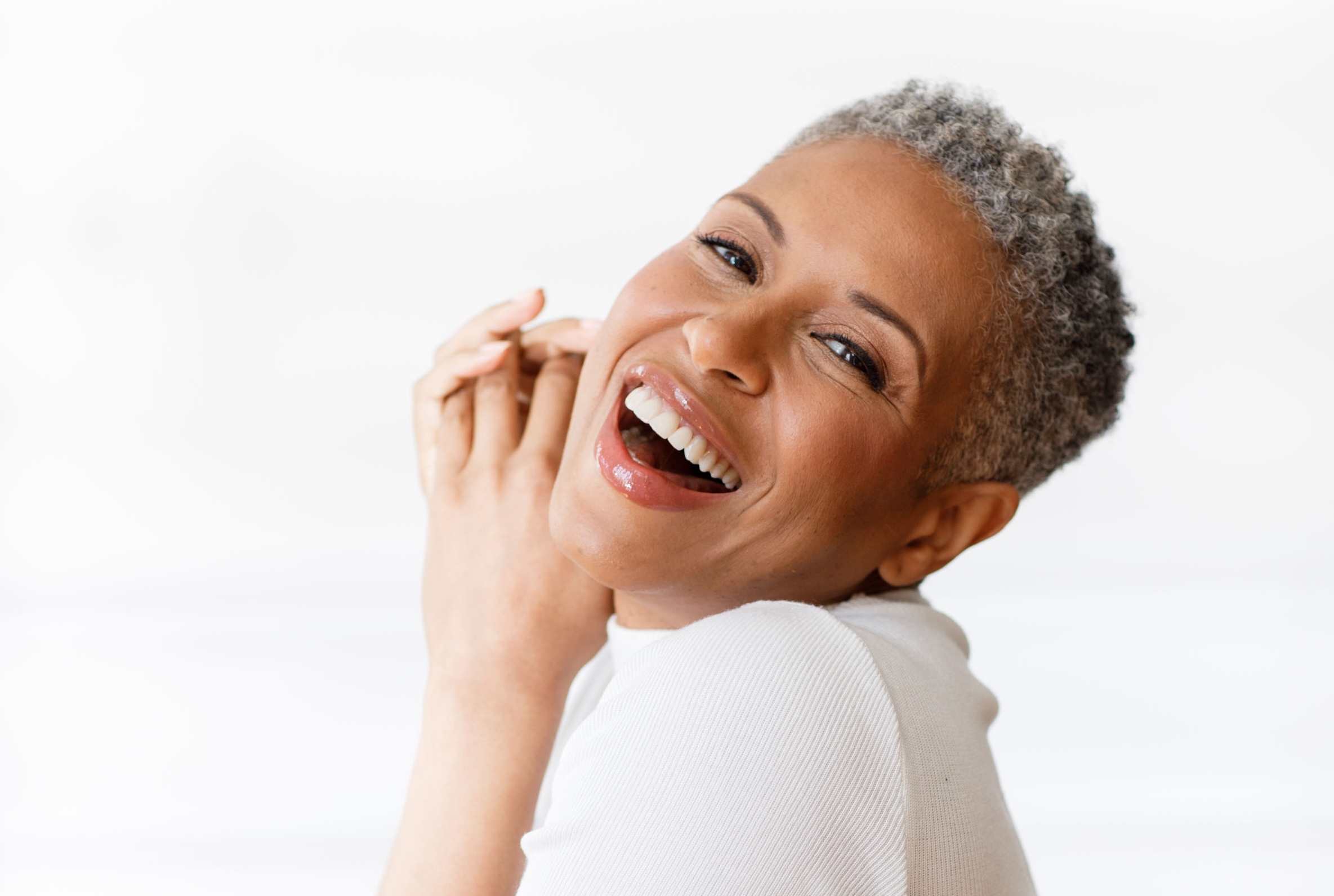ITCHINESS DEFINITION
An annoying and irritating sensation that makes you want to scratch the affected area. Sometimes it is caused by heat extremes or dry, irritated or cracked skin.
Start your free online menopause assessment to see if HRT is right for you
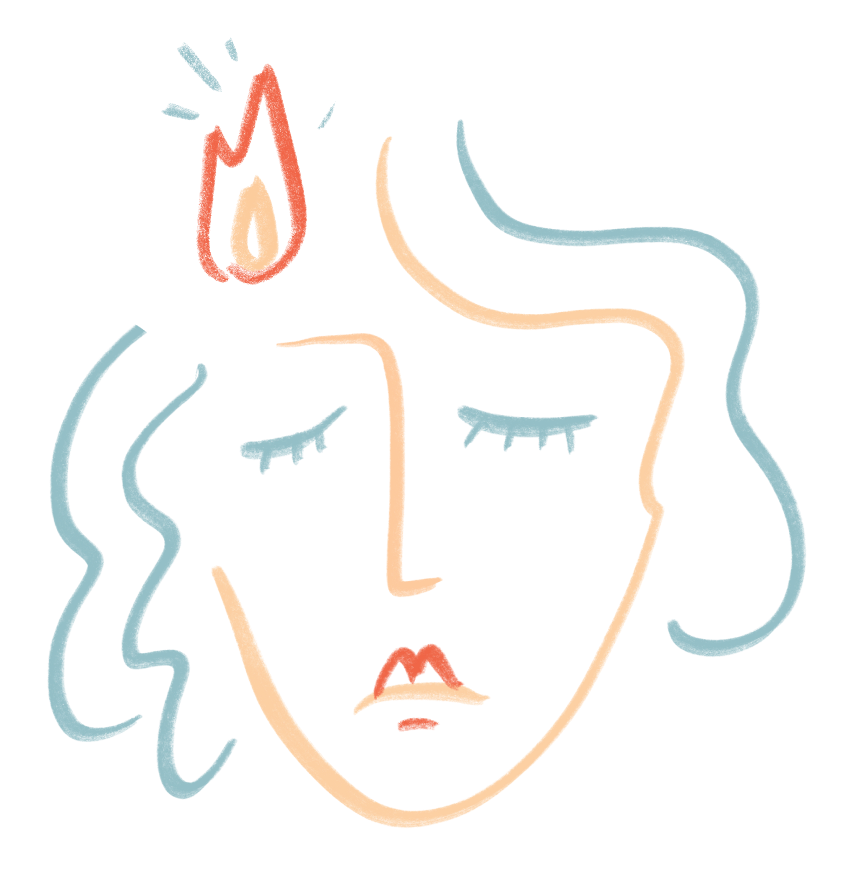
GENERAL ITCHING
Menopause and itchy skin can affect many parts of the body, including your vagina and genital area. Fluctuating hormone levels can thin the skin and make it prone to dryness and itching.
Often the urge to itch can happen at night, a time when you can become very aware of skin sensations. It can be a real sleep thief.
Read more about the stages of menopause.
MENOPAUSE VULVAR IRRITATION
Allergic reaction
Have you started using new detergents, body products, condoms, sanitary wear, perfume or clothing? It is possible they are irritating your skin. If you have a flare up, talk to your doctor.
Vaginal itching
It is common to experience dryness, intense itching or discomfort around the vulva and vagina at the time of menopause. This is often part of a condition called atrophic vaginitis, or thinning and inflammation of the vaginal walls. Women describe it as burning, feeling like sandpaper and it can be extremely uncomfortable. Treatment that helps include oestrogen vaginal creams. Talk to your doctor to make sure it isn’t a yeast infection.
Vulvar pruritus
This condition is when you have an itchy vulva and it can be caused by dry, thinner skin during menopause. Talk to your doctor in case it is a viral infection and needs treatment.
Lichen Sclerosus
This chronic skin condition thins your skin, making it more prone to itching. It may even erupt in painful blisters or you may notice pain during sex. It can be genetic or linked to hormonal changes. Talk to your doctor about treatment, such as steroids.
If you have itching or discomfort in your vagina or vulva, you will find more useful information in our blog.
Read more about the stages of menopause or about sleep issues and skin changes in our symptoms library.
HOW CAN YOU REDUCE ITCHY SKIN?
- Use an unperfumed moisturiser every day, ideally after bathing and use a laundry detergent for sensitive skin. Avoid products with a high pH
- Avoid scratching your skin if possible – try tapping or patting instead. Keep your nails short to avoid causing any damage by scratching
- Wear loose, light clothing to avoid overheating and try not to wear synthetic fibres or tight clothes
- Avoid extremes of heat and cold, try using humidifiers or air conditioners
- Avoid spending too long in water, including hot baths, swimming pools and jacuzzis
CAN HORMONE REPLACEMENT THERAPY (HRT) HELP?
Some find that hormone replacement therapy (HRT) helps if the itch is not soothed by simple measures like those mentioned above, or if it becomes too disruptive.
Studies have shown that HRT use can increase the levels of both skin hydration and skin surface lipids (a naturally-occurring layer of oils that keep the skin hydrated).
HRT has also been shown to increase the amount of collagen in the skin.
Although it can be very useful, HRT is not suitable for everyone. Speak to your doctor if you would like to find out more about the best treatment for you. Find out more about the HRT debate.
ITCHY SKIN MENOPAUSE
I was astonished that I didn’t know vaginal dryness was part of perimenopause”

